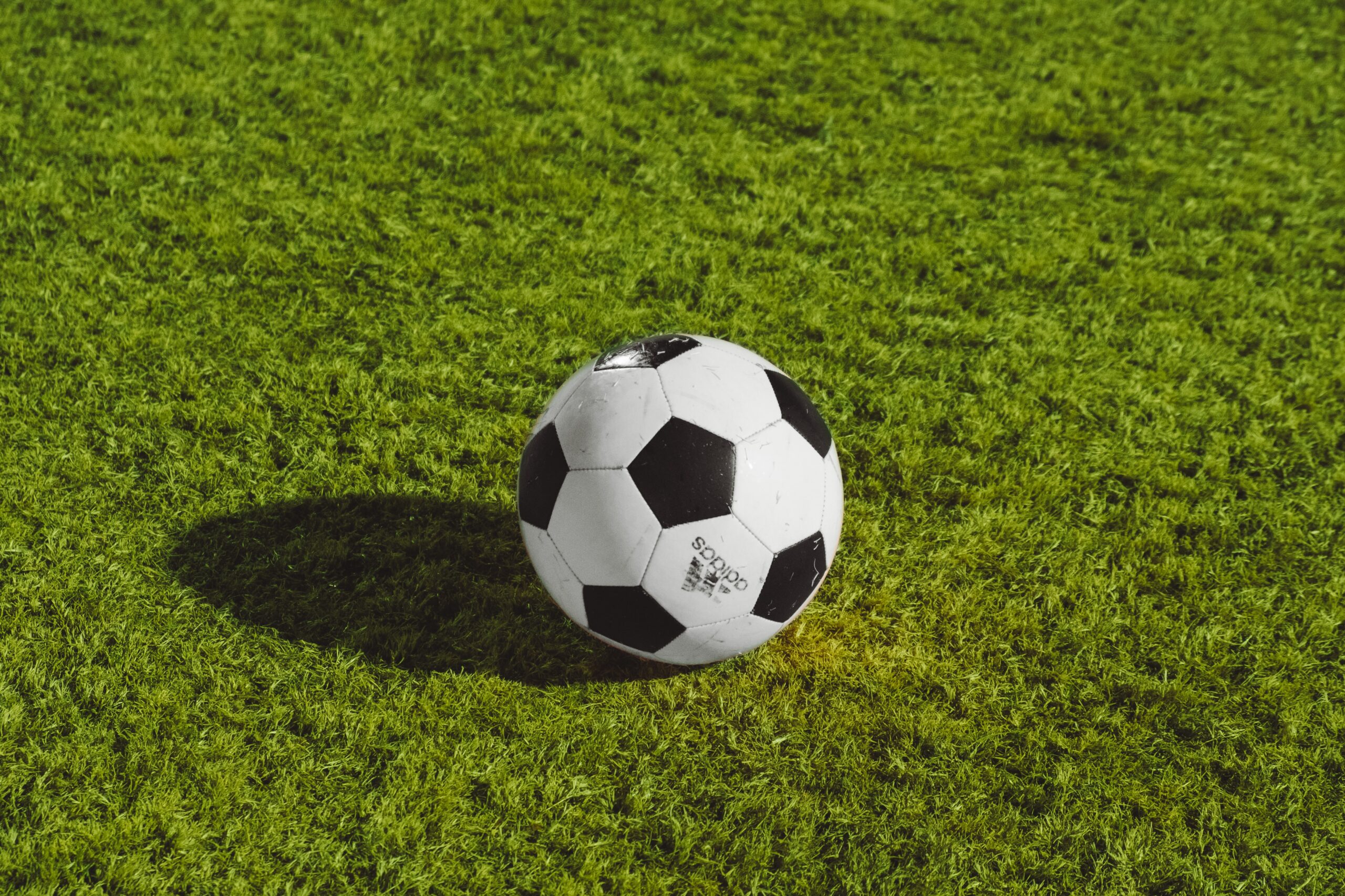15 July 2021
It’s Coming Home
By Paul Branch
 In our nationalistically soccer-obsessed island, everything seemed to come to a shuddering stop last Sunday with the eventual disappointment of England’s loss to Italy in the final of the European football championship. Hopes had been sky high for expunging 55 years of hurt since our one and only international triumph in 1966, with five of the six matches leading up to the final being played at Wembley (someone in the FA must have had a good friend in the UEFA fixtures office) plus the final itself. Then came the inevitable penalty shoot out, with heroics, misses and the equally inevitable result in favour of the Italians. Who would have believed it? Certainly not little Prince George who had been enjoying himself hugely in the royal box until reality set in.
In our nationalistically soccer-obsessed island, everything seemed to come to a shuddering stop last Sunday with the eventual disappointment of England’s loss to Italy in the final of the European football championship. Hopes had been sky high for expunging 55 years of hurt since our one and only international triumph in 1966, with five of the six matches leading up to the final being played at Wembley (someone in the FA must have had a good friend in the UEFA fixtures office) plus the final itself. Then came the inevitable penalty shoot out, with heroics, misses and the equally inevitable result in favour of the Italians. Who would have believed it? Certainly not little Prince George who had been enjoying himself hugely in the royal box until reality set in.
Most of Monday’s coverage by the media came across as fair and reasonable, but some echoed the behaviour of a minority of England’s football-following brethren in lashing the manager for his tactics and team selection for the final (despite having over-achieved in getting a very inexperienced team that far), his choice of three of the younger lads to take and sadly subsequently miss their penalties, and the incomprehensible racist abuse aimed at them, in particular at Marcus Rashford. An MP who should know better chimed in with the suggestion that Rashford should have spent more time practising penalties rather than get involved in politics. Coupled with reports of ticketless fans forcing their way violently through the Wembley turnstiles, the mandatory drunkenness and other antisocial behaviour we’ve grown wearyingly used to, the whole event seemed to have descended to a throwback to the 1990s. And to cap it all there were reports in the press of European media gloating at England’s continued habit of falling at the last hurdle, which sounded too much like a tiresome re-run of the Brexit debate.
I’m no polyglot but I have enough of a smattering of tongues to skim through a few of the major newspapers in mainland Europe. In France, Le Figaro, Le Monde and L’Equipe were congratulatory on Italy’s success, while in some cases complimenting the English youngsters and quoting English press reports of the Wembley ticket fracas and the discussion of who should or shouldn’t have taken the spot kicks. The German Bild and Die Zeit had somewhat fewer pages on the final but in one case a nice story about an English reporter watching the England-Germany encounter of a couple of weeks ago in a very rural Bierstube – no rancour or histrionics, just very civilised coverage. In both countries though there was plenty of focus away from football, unsurprisingly on the pandemic and what their respective leaders were up to, positive and negative. In Holland of course they were probably pondering their own version of Freedom Day and comparing it to England’s penalty spot shambles.
And so to Italy. Monday’s La Stampa, Corriere Della Sera and Gazzetta Dello Sport inevitably had acres of coverage, from the match itself to the presentation ceremony, reactions across the country in delirious cities, towns and villages where football is a socially acceptable obsession without the need for alcohol-fuelled aggression, pictures of Giorgio Chiellini tucked up in his hotel bed next to the Cup, and the team’s triumphant arrival back in Rome. Again some warm compliments for Gareth Southgate and his team, respectful comments by Roberto Mancini who knows exactly what it’s like to manage an English football club …. but when you’re the winners I suppose nice words for the losers come easily.
Some of the Scottish newspapers made for interesting reading, but no obvious Italian or indeed EU gloating at England’s expense …. except perhaps on one issue which seems to have rankled the rest of the footballing world for 25 years: the assumption that England is football’s natural home and that we have a God-given right to claim the sport for our own. Yes we can assert that the English invented the game back in 1863, but like many of the 40% of the world’s inventions and discoveries said to have been made in the UK, the rest of the world has adopted them and moved on way beyond us. Italy can go back to a footballesque pastime in Florence called Calcio Storico in the 16th century, but more importantly they have contributed to the modern calcio far more than we have at the international level. World Cup winners four times, European champions now twice, Italy have never lost to England in the finals stages of either competition. So no wonder they, and the Germans, the French, Spanish and Brazilians get a little tired of our “Football’s Coming Home” mantra.
It is apparent that Italians do have mixed emotions about the English. Warmth and also respect for the hordes of tourists who spend money in their resorts, bars and restaurants but also a certain circumspection especially when it comes to football. The sculptor and artist Maurizio Cattelan typified this unrest with a huge work in hand-carved granite and steel, “Epitaph of England’s Football Failures” which detailed every match England had lost, starting in 1874 against Scotland right up to the defeat against Romania in 1998. It sold for £425,000 at Sotheby’s in 2014 after our World Cup debacle. Cattelan described it as a piece which talks about pride, missed opportunities and death. Long-term England supporters would recognise at least some of those sentiments.
England could learn a lot from the Italians and their footballing pedigree, players and fans, but maybe for the supporters it’s all down to breeding, or “class” in its most positive sense. There are racist elements in Italy’s Serie A clubs (the infamous Ultras) but nothing like the mayhem our supporters cause when following the national team home and abroad. London 2021 for the Euros final felt no different to Rome 1997 for an Italy-England World Cup group qualifier – it’s not the most edifying experience to pick your way through streets choked with your compatriots’ bodies in various states of drunken stupor. The English fans’ aggressive chanting in the Stadio Olimpico back then was also embarrassingly threatening, but the Italians dealt with it beautifully by asking their fans to let rip with their own rousing version of a national song: “Volare”, known to everyone in the stadium, the key to a unifying and calming community singalong until the two teams emerged. As Dean Martin might have said, that wasn’t just amore, that was class.
Apart from the two ancient warriors in the Italians’ rear-guard, the star of Sunday’s final was probably Federico Chiesa who zipped through and around the English defence like spaghetti through a pasta machine. And what did he find time to do as soon as the penalties ended? While still on the pitch he phoned home … and minutes later clutching the winner’s medal round his neck he embraced the TV camera with a joyous “Ciao Mamma! Guarda qua! Look at this!” True class and humility in equal measure – maybe another lesson for England.
It was obviously a shame that the match had to end in a penalty shoot-out, but that’s football and at least it’s better than tossing a coin to decide the winner. But from my own personal perspective it’s been a long time since I was able to calmly sit through an England match without worrying about rising blood pressure — thanks to my Italian mother it was the perfect no-lose situation. Penalty shootout? No problemo, bring it on. And one part of football’s heritage has indeed found its way home, to Mamma and to Roma.
tile photo:Wesley Tingey on Unsplash


